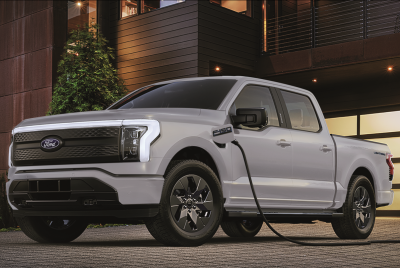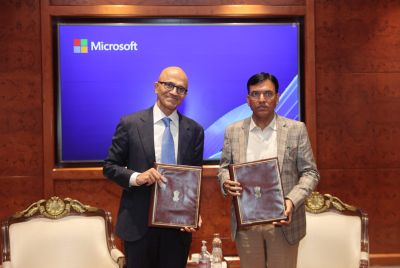Nokia Shares Surge 26% After Nvidia Buys $1 Billion Stake in 5G Gamble
Nvidia takes 2.9% stake in Nokia to accelerate 6G and data-centre innovation

Nokia's shares jumped to their highest level in nearly a decade after Nvidia announced a major investment in the Finnish telecommunications giant. The deal gives Nvidia a 2.9 per cent stake in Nokia and cements a new partnership aimed at advancing artificial-intelligence networking and next-generation 6G technology.
The announcement on Tuesday sent Nokia's stock soaring by 26 per cent, its sharpest single-day rise since 2016. Under the agreement, Nokia will issue 166 million new shares at $6.01 each, with proceeds used to fund its AI ambitions and general corporate plans. The two companies also signed a strategic partnership to collaborate on next-generation telecoms and AI data-centre systems.
Nvidia invests $1 billion for 2.9 per cent stake in Nokia
According to Reuters, Nvidia's $1 billion investment marks the latest move by the American chipmaker to expand its influence across the global technology ecosystem. The company has made several strategic equity investments in AI partners in the past year, including $5 billion in Intel, $667 million in UK-based Nscale, and $500 million in Wayve, a self-driving-car start-up.
Speaking at a developer conference in Washington, DC, Nvidia CEO Jensen Huang said the deal would help 'bring telecommunication technology back to America.' He added that the partnership represents a 'new era of accelerated computing', combining Nvidia's hardware with Nokia's networking expertise.
For Nokia, the investment strengthens its position in the 5G and data-centre markets at a time when global demand for AI infrastructure continues to grow. Nokia CEO Justin Hotard, who took over in April, said the collaboration would allow the company to 'move at the same pace as Nvidia,' highlighting the speed of innovation driving the deal.
Nokia and Nvidia team up on AI and 6G expansion
The partnership will focus on developing AI-powered networking solutions for data centres, as well as integrating Nokia's communication technology into Nvidia's AI infrastructure. The companies plan to identify key projects within six months, covering areas such as magnet systems, battery development and data-transmission efficiency.
Nokia will also adapt its 5G and 6G software to run on Nvidia chips, while Nvidia explores incorporating Nokia's data-centre communication tools into its AI computing platforms. According to McKinsey, capital expenditure on data-centre infrastructure could surpass $1.7 trillion by 2030, primarily driven by AI expansion, an area where both companies stand to benefit.
Industry analysts have called the partnership a 'strong endorsement' of Nokia's technical capabilities. Paolo Pescatore, from PP Foresight, said next-generation networks such as 6G will be vital in enabling AI-powered services across industries ranging from transport to healthcare.
AI dominance and future outlook for both companies
Huang said the collaboration would make the United States 'the centre of the next 6G revolution,' positioning both companies at the forefront of global telecom innovation. Hotard confirmed that the first commercial deployments using the new equipment could begin by 2027, initially in 5G networks and later in 6G infrastructure.
Nvidia's move makes it the second-largest shareholder in Nokia and further reinforces its dominance in the data-centre market, where its chips already hold a near monopoly. The partnership with Nokia and T-Mobile US will also extend to the development of AI-driven radio technologies, with trials expected to start next year.
As Nokia shifts toward an AI-led future, the investment provides both financial stability and technological momentum. For Nvidia, it is another step in building a broad ecosystem of AI partnerships that connect chip design to global communication infrastructure.
© Copyright IBTimes 2025. All rights reserved.





















